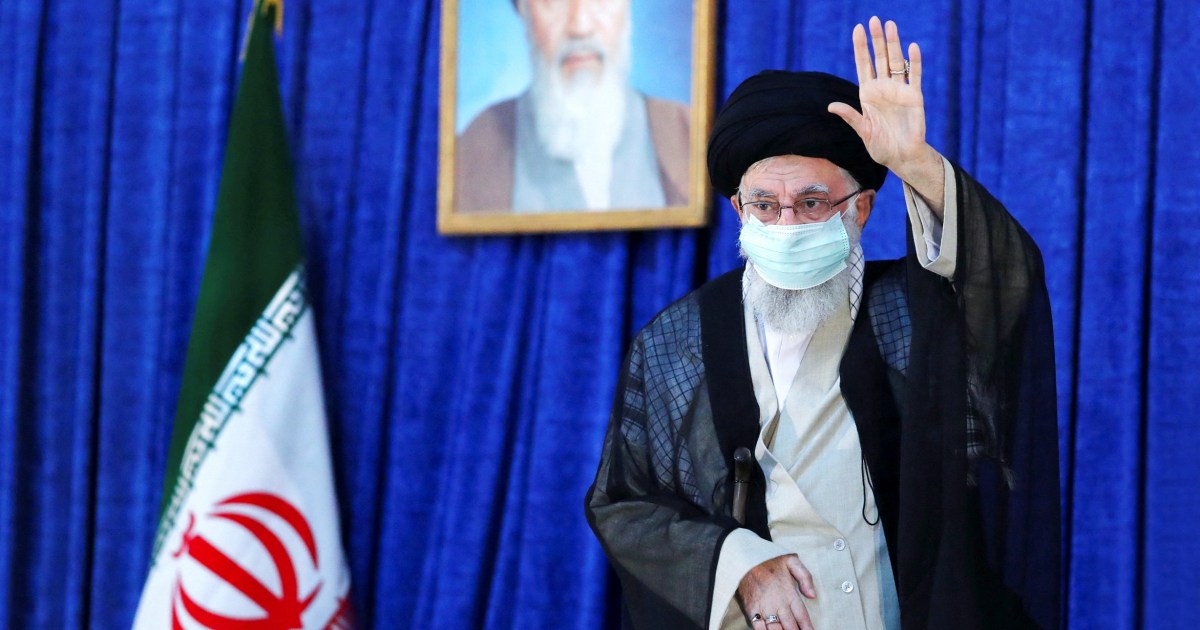The European Union's foreign and security policy chief, Josep Borrell, said that the chances of concluding a deal and returning to the nuclear agreement are dwindling, at a time when Iran has vowed to its opponents an immediate response to any step that contradicts its interests.
Josep Borrell expressed his readiness to facilitate finding solutions to the outstanding issues, as he put it.
As for Iranian Foreign Minister Hossein Amir Abdollahian, he criticized the efforts of the United States, Germany, France and Britain to prepare a draft resolution at the meeting of the Atomic Energy Agency urging Iran to cooperate fully and unconditionally with the agency.
The Iranian Foreign Minister described the Western draft resolution before the IAEA as hasty, unconstructive, and contrary to diplomatic practice.
Abdullahian said that the adoption of the Western draft resolution would make the negotiation process more difficult and complicated.
Immediate reply
The Iranian foreign minister vowed an "immediate" response to any "political" step at the meeting of the International Atomic Energy Agency's Board of Governors next week, in light of the preparation of a draft resolution by Western countries calling on Tehran to cooperate with the UN agency.
This position comes after the United States confirmed that it was preparing with 3 European countries (Germany, France and Britain) a draft resolution urging Iran to "fully cooperate" with the agency, after its announcement this week that Tehran had not provided adequate explanations for the reasons for finding traces of nuclear materials at unauthorized sites. authorized.
"Any political step by the United States and the three European countries will undoubtedly lead to a consistent, effective, and immediate response on the part of the Islamic Republic," Amir Abdollahian said in a telephone conversation with Josep Borrell, according to a statement issued by the Iranian Foreign Ministry.
The Iranian Foreign Minister considered that the preparation of the draft law by Western countries "contradicts diplomatic practice, hasty and unconstructive, and will make the negotiation process more difficult and complicated", without providing explanations in this regard.
This tension comes at a time when the stalemate dominates the talks between Iran and the major powers aimed at reviving the agreement on Tehran's nuclear program of 2015, from which the United States unilaterally withdrew in 2018.
overthrow the republic
For his part, Iranian Supreme Leader Ali Khamenei said on Saturday that "enemies" are fomenting unrest in Iran "in order to bring down the Islamic Republic."
Khamenei considered - on the anniversary of the death of the first guide of the revolution Khomeini - that the calculations of the Americans and "enemies" towards his country were wrong, and accused them of working to inflame the people against the regime. from their previous accounts.
He explained - in a televised speech - that the Americans are taking advice from "traitors" Iranian advisers and hope to cause a confrontation between the people and the regime in the country, and they are adopting the method of protests.
Khamenei pointed out that Greece carried out America's order to steal Iranian oil, but Tehran succeeded in recovering it.
Israel
For his part, Israeli Prime Minister Naftali Bennett said that Israel preferred the diplomatic path in order to prevent Iran from acquiring a nuclear weapon.
Bennett, who met the Director-General of the International Atomic Energy Agency Rafael Grossi on Friday, added that Israel reserves the right to defend itself and act against Iran in order to curb its nuclear program if the international community fails within the relevant time frame.
Grossi's lightning visit to Israel comes against the background of her filing a complaint against Iran, which the agency will soon consider.

